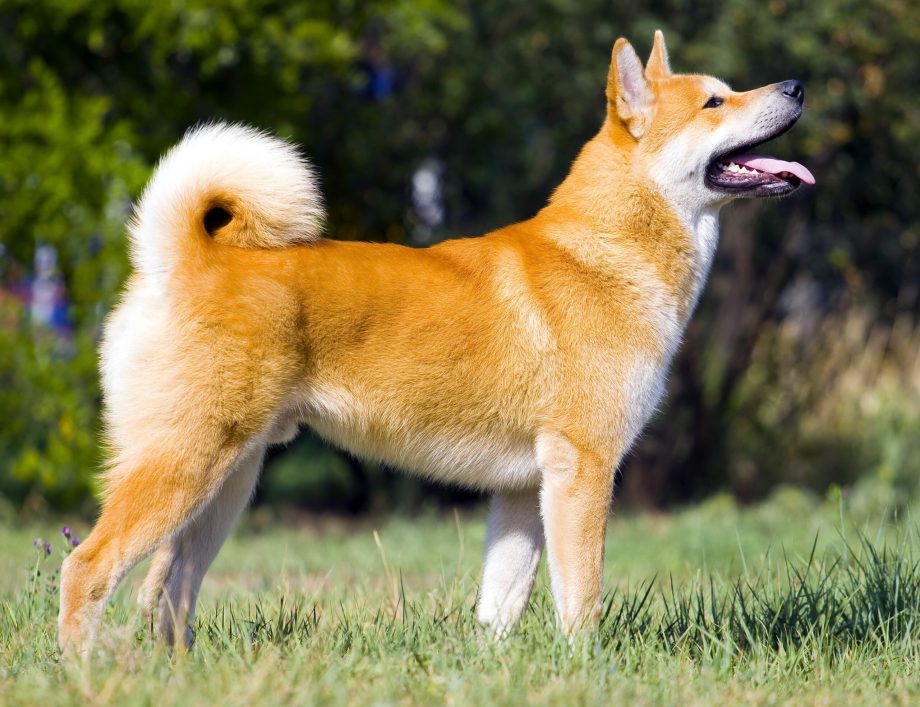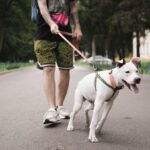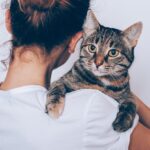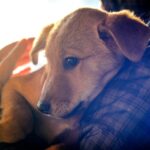The Akita is a striking-looking dog; solid and sturdy, with a very dense short to medium coat. This breed is very loyal, affectionate and protective to its owners and a good companion in the home.
It is also often described as cat-like due to it being a very clean and odourless dog. Having been bred to work alone, the Akita is happier as an only dog and can be intolerant and aggressive to other dogs, as well as territorial of its home and aloof with strangers. However, with appropriate and careful socialisation, Akitas may learn to tolerate other animals within the home. The Akita also requires a great deal of exercise and obedience training, plus twice a year it sheds its coat. This attractive dog is not suitable for everyone but for the owner who is happy to put in the work, they will be rewarded with a loyal companion.
History
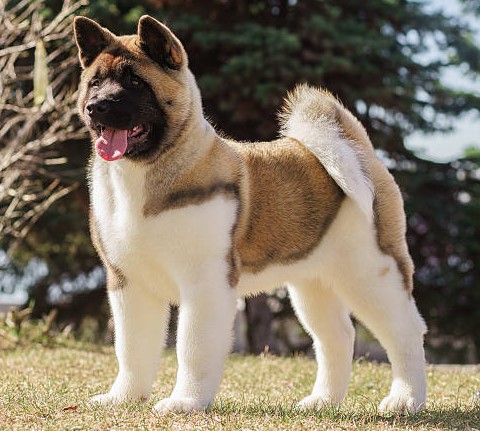
The Akita originates from the snowy mountains of northern Japan where the breed was developed through crossings of chow chows with Japanese Kari and Tosa dogs. Trained to hunt animals such as elk, brown bears and wild boars, this tough and courageous dog also served as a guard dog and companion for the imperial leaders of Japan. Today, the Akita is used as a police dog in Japan, where is also known as a symbol of protection, and more recently it was declared as a national trasure of Japan.

